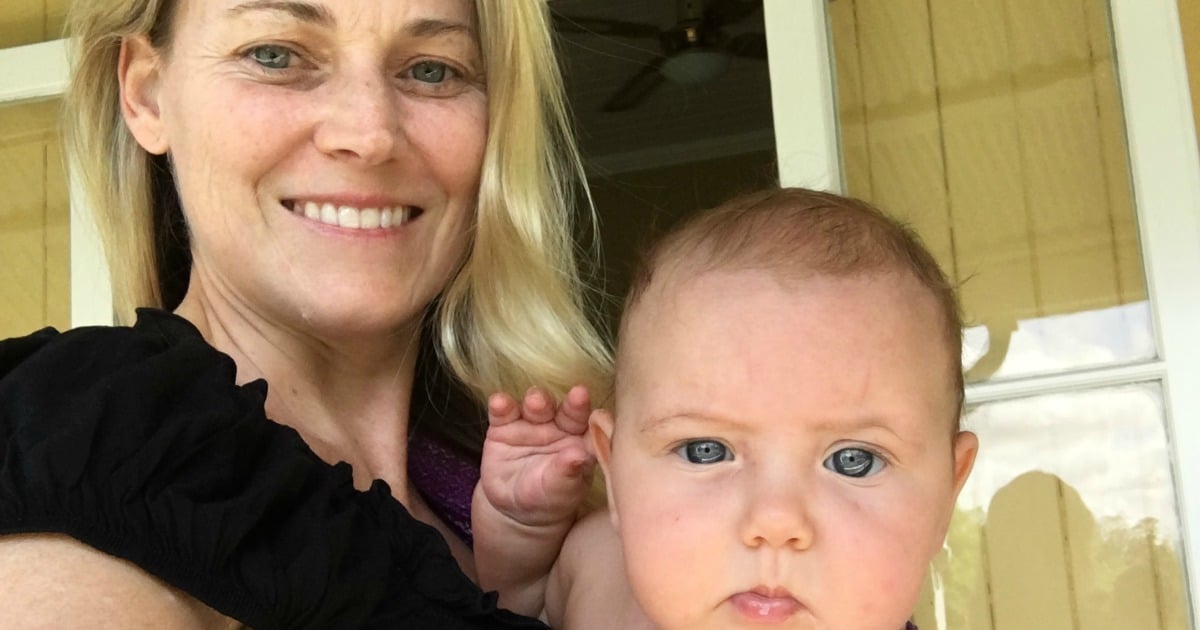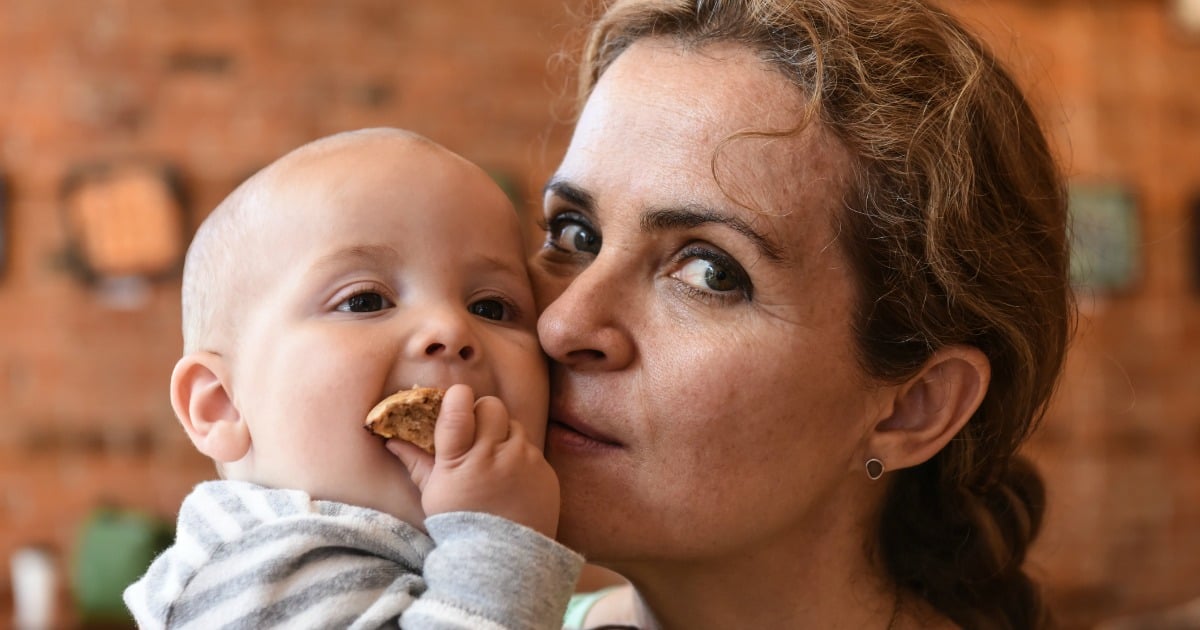The number of women having babies in their 40s is on the rise and it feels like every day a new 40-plus celebrity is announcing their pregnancy, from Janet Jackson at 50, to Gwen Stefani at 44 and Halle Berry at 47.
I am one of these women. And while conceiving at this age is difficult, I came to learn that once pregnant there are also risks that are specific to older women. After a very long IVF journey I finally managed to get pregnant at the age of 43. This was my second child and I was determined for the birth to be natural and drug-free, as the first one had been 10 years earlier.
However, at my first obstetrician’s appointment my age became an issue.
I was told I would need to be induced at 38 weeks to reduce the chance of stillbirth associated with older mums, which doubles to approximately two in 1000 over the age of 40 according to the Royal College of Obstetricians and Gynaecologists in the UK.
This was a huge shock to me. Although I knew about the associated genetic risks associated for the baby such as an increased chance of Down Syndrome, I had no idea about the other impacts of age on pregnancy.
Immediately, fear over my ability to carry my child crept in and left me filled with doubt throughout the pregnancy. Each visit to the midwife I was reminded of the need to be induced early and told that I would need constant heart rate monitoring for myself and the baby during labour.






























































































